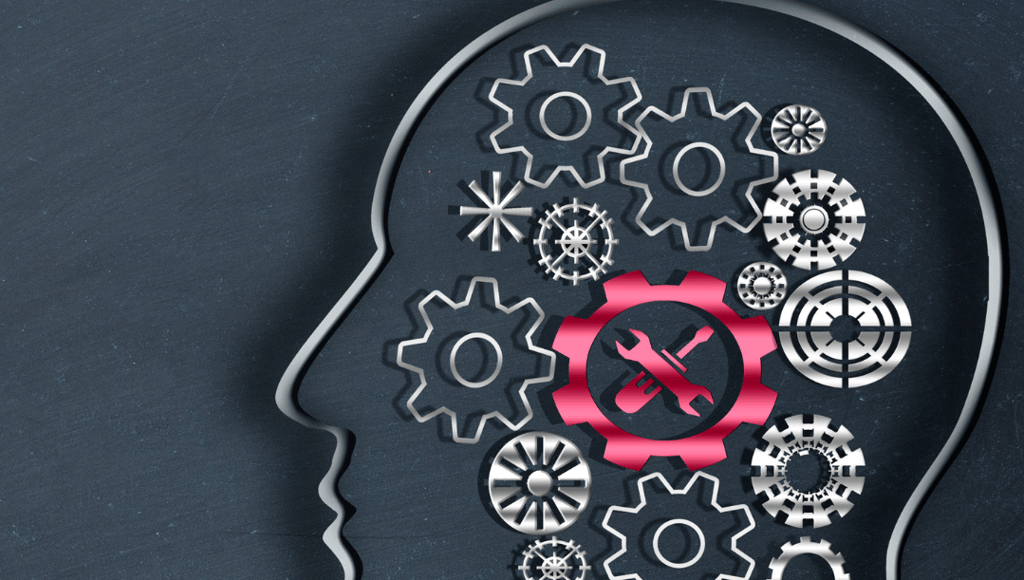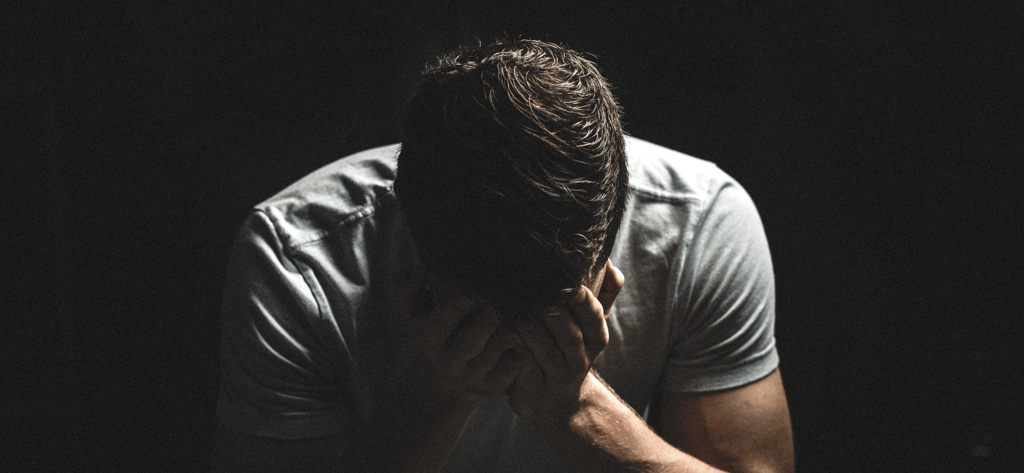The Silent Struggle: Confronting Depression with Perspective and Purpose
One day, as I pondered over my feelings of sadness and emptiness, this thought came to me. My surroundings and immediate circumstances didn’t seem to justify the depth of these emotions and thoughts. It's not like my life was perfect, far from it, but it wasn't "hell on earth" either. I had many things to be thankful for. I was healthy, lived in a free country, had family and friends who cared around me and for the most part my future depended on my decisions and actions. I started thinking of how there's so much suffering in this world, and how many people in that very exact moment, were dealing with the loss of spouses or children or loved ones. How someone just suffered a life changing accident or been diagnosed with terminal illness or going through a painful divorce. The many souls who live under dictatorship, the many slaves who still exist in many countries or the countless people who live in extreme poverty all across the world.
Then, a realisation struck me. So, many people in this world would risk their very lives to be in my position, even feeling "depressed". At that moment I felt slightly angry at myself. How could I wallow in despair when so many across this world, have far less than me but are happy. How many are enduring very difficult situations but still fighting for a better life in far worse conditions than myself? How could I squander, my abilities, resources and opportunities like that? I thought to myself, "if you feel so hopeless then give up your life and your family and friends and go make someone whose life is far worse than you ever experience a little better, then you'd at least be useful." At that moment, I started to shift my focus from myself and my inner struggles and actually started to think deeply about the people in my life and how I could be useful to them. How I could give them hope, company or just a simple advice. Once I started taking action on these thoughts, slowly but surely I felt joy and energy being restored to me. I stopped focusing on my situation and how I felt 24/7, and started paying a bit more attention to my friends. Not just that, but I actually started thinking more about them and their personal challenges and how I could help them. That change of focus, had a massive impact in my inner thought patterns and completely changed my overall mood and energy.
In my perspective, I see little distinction between my "depressed" self and someone we often label as a narcissist. You see, a narcissistic person's focus is on themselves. So did my "depressed" self. The common ground is our self-focus and that for me is the main problem. The key difference however, lies in our self-perception: the narcissist consistently has a high opinion of himself, while I viewed myself quite negatively. Once I had a more balanced focus in my life, I was able to think soberly about myself and my impact on others. There are very few things in my life that bring me more joy than to be able to have a positive impact on others, to be able to be useful or helpful even in very little things, has helped me and my own mental health. We all have a purpose, a "raison d'etre", a reason for existing. When we find it we become more resilient, more energetic. We become a better version of ourselves. My goal through this blog is to help you find that purpose.
If you are reading this and are going through a particularly tough period in your life (as all of us do), I'd like to offer a simple advice. Your thoughts influence your actions, but your actions also influence your thoughts. Sometimes we need to act before we feel. Viktor E. Frankl a holocaust survivor and psychiatrist said in his book "Man's Search For Meaning",(you can find the link below) that the one who has a "why" can bear almost any "how". The "how" represents your circumstances, but the "why" is your purpose. My goal is not for you to simply survive but to thrive and that means finding your own purpose. Frankl observed that his fellow prisoners who held onto a sense of meaningful purpose were more resilient and stood a better chance of surviving the harsh conditions in the concentration camps, compared to those who lacked such motivation. You need to find something both bigger and outside of yourself. A meaning that transcends you and your circumstances. Look around you, there is much darkness and suffering in this world. Shining a light to those who need it most, offering a beacon of hope to those who lack it, can be a wonderful way to begin your search for purpose.
Viktor E. Frankl's "Man's search for meaning"


Your support through our carefully selected affiliate links helps us keep the blog thriving — at no extra cost to you.
Hello fellow readers, welcome to the blog. Today I'd like to share you with you a bit of my struggles with my own mind, as I'm fond of saying. Years ago while attending university I experienced one of the most intense and "depressing" seasons of my life. During that period I felt quite aimless, lethargic and hopeless. I looked around me and there were many reasons to feel good about myself and what I had accomplished so far. I had good friends, graduated with really high grades and was at a prestigious and well connected higher education institution in Portugal. Despite all this, I felt like I was depressed. There was an overwhelming sense of emptiness, like nothing mattered in my life, whether family, friends or career prospects.
There was no joy or excitement waking up, in fact it was daunting. I remember just lying in my bed staring at the ceiling wondering why I felt so tired and had no will to study or attend lectures. I struggled to concentrate in classes and despite going to church felt completely "empty" and hopeless. Not sad, but not happy either. Like nothing mattered. "Is it any point in going to church or university? Does my life really matter? Would my family be ok, If I just disappeared?" Those were the thoughts running through my mind. I just felt overwhelmed by very little things and like I needed to stop everything I was doing, go somewhere isolated and scream. Slowly I started isolating myself more and more. My friends probably assumed I was working hard at University so they didn't push hard to meet me. From the outside I was likely acting the same, but It was so hard to find the energy to get up in the morning, meet up with friends or study. The idea of waking up and facing people and attending lectures was daunting and I missed several classes in my 2nd year because I just could not cope. I was completely aimless and experienced such an emptiness like I never felt before in my life.
I say I felt depressed, rather than I had depression, and this choice of words is quite deliberate. My conviction is that many of the problems we face, concerning our mental health, are solved by changing how we think. I firmly believe that a significant part of overcoming mental health challenges lies in the way we frame our thinking. Not through drugs, which at best can only mask symptoms, and not through labelling ourselves with syndromes and traumas either. While medications can provide relief from symptoms, they are not a solution when the problems lie not in our circumstances but in our thinking. Not that these issues aren't real but that by labelling yourself in such a way, oftentimes we create a crutch that removes any responsibility for our thoughts and actions. It’s essential to remember that our mindset plays a critical role in our mental health, and that ultimately we have the power to influence our thoughts and actions.






